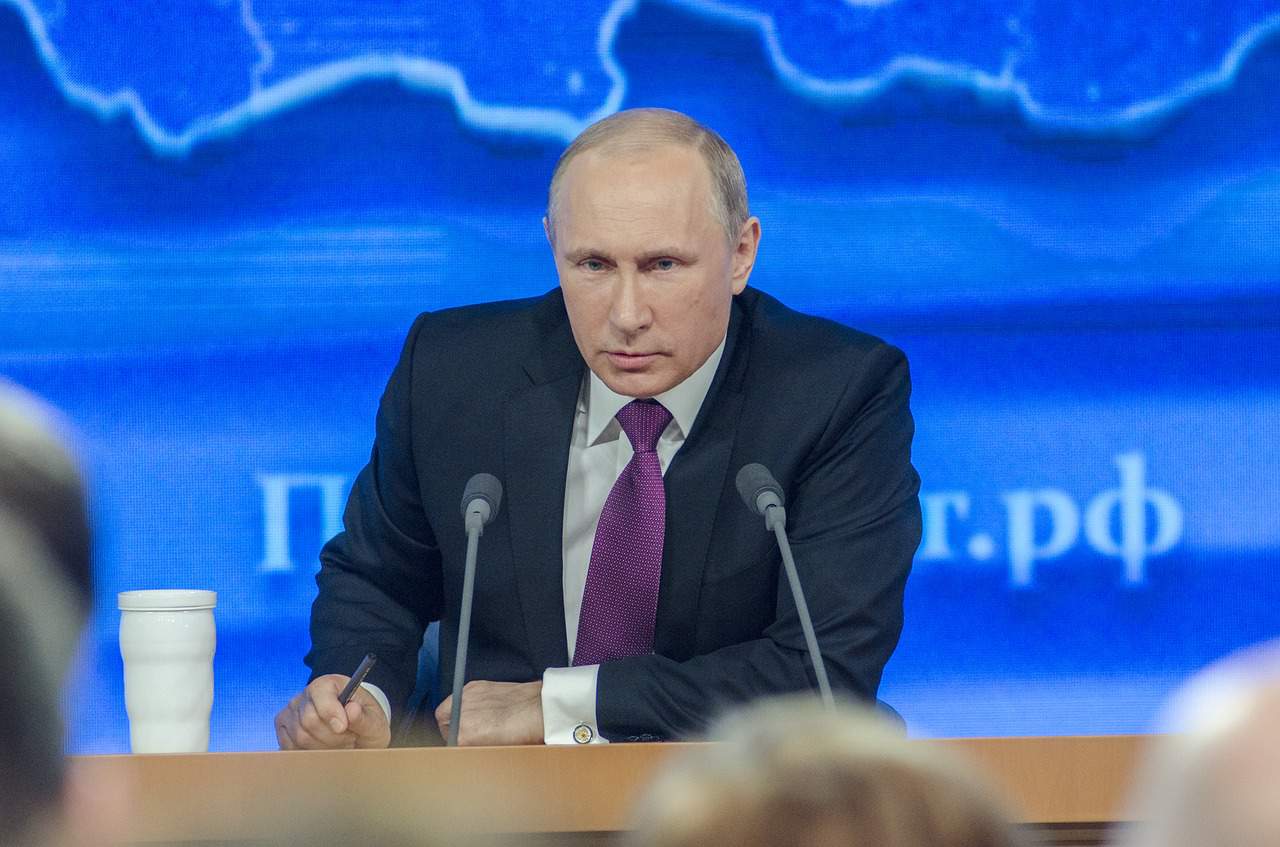It started out rather differently than we now sometimes imagine it. When Vladimir Putin took over the Russian presidency from Boris Yeltsin 25 years ago, on New Year’s Eve 1999, he was seen as a man with whom Washington could do business.
President Bill Clinton lauded Putin’s accession to the presidency as a “democratic transfer of executive power,” which it certainly was not. Clinton administration officials hailed Putin as “one of [Russia’s] leading reformers” who, according to the New York Times, “clearly has an intellectual grasp of democracy.” The “prospects for meaningful reform in Russia,” opined another journalist, “are now excellent.” Administration officials also dismissed worries over Putin’s KGB background as “psychobabble.”
In the aftermath of the September 11 attacks, a Carnegie Endowment expert who has since become one of Putin’s most public critics wrote that, in his view,
U.S.–Russian relations offer one bright counter to this otherwise gloomier international picture. Russian President Vladimir Putin was one of the first foreign leaders to speak directly to President Bush. In that phone call, he expressed his condolences to the president and the American people and his unequivocal support for whatever reactions the American president might decide to take. He then followed this rhetorical support with concrete policies.
Expectations for an era of heightened U.S.–Russian cooperation began to unravel in the mid-2000s. Indeed, future historians (should there be any) will likely come to see the period between 2007 and 2012 as crucial to explaining why U.S.–Russian relations went so terribly wrong.
The milestones are by now familiar to those with even a cursory interest in this Great Power rivalry. These include Putin’s speech at the Munich Security Conference in February 2007, where he declared Russia would pursue a foreign policy independent from that of the West, and the six-day war in neighboring Georgia in August 2008, during which the Republican nominee for president made the fatuous and equally unlikely declaration that “we are all Georgians now.” It was, however, the grisly rape-murder of Libyan strongman Muammar Gaddafi in October 2011 that did more than most to poison Putin’s view of Washington and the way it does business.
Briefly, then: The Obama administration was able, under false pretenses, to obtain a promise from the Russian government not to veto UN Security Council resolution 1973 “to take all necessary measures to protect civilians under threat of attack” in Libya. The deal was that the Russians would abstain from using their veto as long as the establishment of a “no-fly zone” didn’t morph into a regime change operation.
Yet after Gaddafi’s very public execution and the American secretary of state’s tasteless celebration of it, Moscow felt that Washington welched on the deal. For Putin, then waiting in the wings as prime minister, this was the likely point of no return.
If that was his, what was ours?
By 2011–2012, the unelected U.S. foreign policy establishment (which basically calls the shots regardless of whom we Americans send to Washington) had decided that Putin was a man with whom we could not and should not do business. Any sort of diplomatic relationship ended, not with the Maidan coup and subsequent Ukrainian civil war in the spring of 2014, nor with the Russian invasion of Ukraine in February 2022. No, it essentially ended when Putin decided to return to the Russian presidency for a third term.
Fair use excerpt. Read the whole article here.

